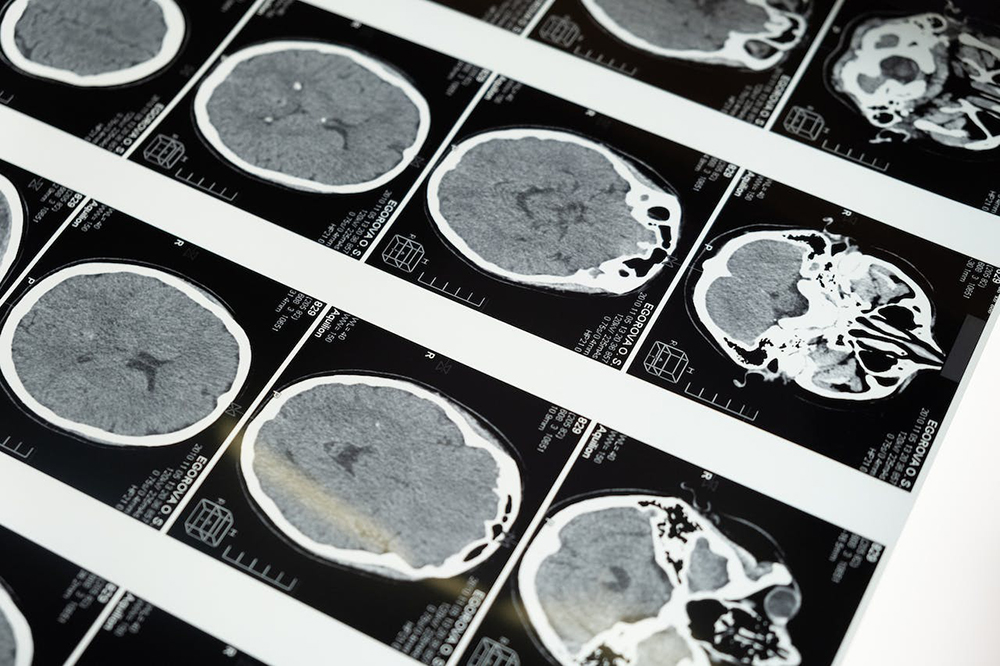You go to the doctor because you’re experiencing unfamiliar or debilitating symptoms, and they diagnose you with one relatively minor condition. Later, you find out that you’re suffering from something worse. Or perhaps you undergo what is typically a pretty straightforward operation, yet your surgeon or the anesthesiologist does something wrong, causing you to suffer brain damage. These are just two of many examples of ways in which healthcare provider negligence can leave patients with unexpected problems they have to deal with. Below, we highlight the types of brain injuries that are caused by medical malpractice.
Which Brain Injuries Result From Medical Negligence?
Our brains form part of our bodies’ central nervous system, meaning it controls many of our critical bodily functions, including temperature regulation, fine motor skills, emotions, our senses, hunger, memories, thoughts, and more. This vital organ relies on its complex network of blood vessels to transport oxygen to its cells to perform its assigned bodily processes. Significant damage can be done if the flow of blood and accompanying oxygen to the brain is impeded.
While certain medical conditions may have a seemingly sudden onset, a patient receiving an early intervention or preventative care almost always could have reduced the potential for problems in the first place. However, patients don’t always seek timely care. Also, doctors render incorrect initial diagnoses, and oftentimes, by the time they do get things right, damage is done. In other cases, harm occurs when treating patients. Some of the common conditions that arise from this negligence include:
- Hypoxia: This describes a situation in which the brain is deprived of a substantial amount of oxygen flow. Medical events that may result in this outcome include delays in treating a patient experiencing cardiac arrest and anesthesia errors.
- Cerebral palsy: Children who are diagnosed with this condition, which can cause individuals to be unable to maintain posture and balance or to move normally, often develop it during their mother’s pregnancy or the childbirth process. As far as the latter is concerned, umbilical cord issues, uterine rupture, and placenta detachment can all cause the supply of oxygen to the fetus to be disrupted, resulting in this condition.
- Hydrocephalus: This is a neurological disorder characterized by an atypical accumulation of cerebrospinal fluid within deep cavities, known as ventricles, within a person’s brain. If left undiagnosed and untreated, the buildup of this fluid can cause the ventricles to expand, placing pressure on surrounding brain tissues and causing damage.
- Septicemia: A patient may experience the onset of this bacterial blood poisoning in the course of fighting off an infection. Studies show patients only have a 50% survival rate once they develop septic shock, as this condition causes a dying off of vital tissues, including brain ones. The implementation of proper and urgent infection protocols by medical professionals is key to staving off this infection that can cause brain damage.
- Anoxia: Also called anoxic encephalopathy, this is a condition whereby no oxygen makes it to a person’s brain. While individuals may experience this when visiting high altitude locations, it most commonly results from drug overdoses, carbon monoxide poisoning, vascular injuries, or cardiac arrest, the last two of which may result from a health care provider engaging in medical negligence.
Specific conditions aside, medical malpractice, including the following examples, can result in a patient developing a traumatic brain injury (TBI):
- Delays in diagnosing or treating patients suffering from brain bleeds or aneurysms, pulmonary embolisms, strokes, or heart attacks.
- Uses of forceps or vacuum devices to deliver babies.
- Patients receiving incorrect doses of prescribed medications or the wrong drug altogether.
- Failures to appropriately intubate patients during surgical procedures or monitor their response to anesthesia.
- Not gaining control over bleeding, leading to patient oxygenation issues.
TBI Symptoms
Anything that disrupts or affects the normal functioning of our brains can fit the bill of a traumatic injury. Patients diagnosed with this condition may experience:
- Sensory loss, including diminished feeling in their arms and legs and a loss of their sense of taste.
- Disorienting feelings, including dizziness or a loss of balance.
- Cognitive impairments, including difficulties concentrating.
- Functional impairments, including a diminished ability to hear or speak clearly, control one’s eye movements, remember things, or use their limbs (due to paralysis).
- Behavioral or emotional concerns, such as sudden bouts of anger or depression
TBI and Medical Error Statistics
A previously published report published by the Centers for Disease Control and Prevention (CDC) suggests that at least 1.5 million Americans suffer a TBI every year in our country. Another CDC report shows that the fifth leading cause of death is cerebrovascular diseases. It’s quite possible that diagnostic errors were responsible for at least a portion of those 162,890 individuals who died in 2021. And, since the latter data above only accounts for fatalities, it’s reasonable to conclude that brain injuries attributed to provider negligence are a significant problem.
Shrager, Sachs, & Blanco has long been advocating for patients in Philadelphia who acquired their brain injuries because they entrusted their care to their doctors and other healthcare providers, who ultimately let them down. We want you to be able to receive top-notch care to have the best possible quality of life moving forward, and Pennsylvania law allows you to accomplish that by filing a civil suit to recover a monetary award. Our Philadelphia brain injury lawyers can advise you of your eligibility to file a claim during your initial case evaluation. Reach out to have that conversation now.









